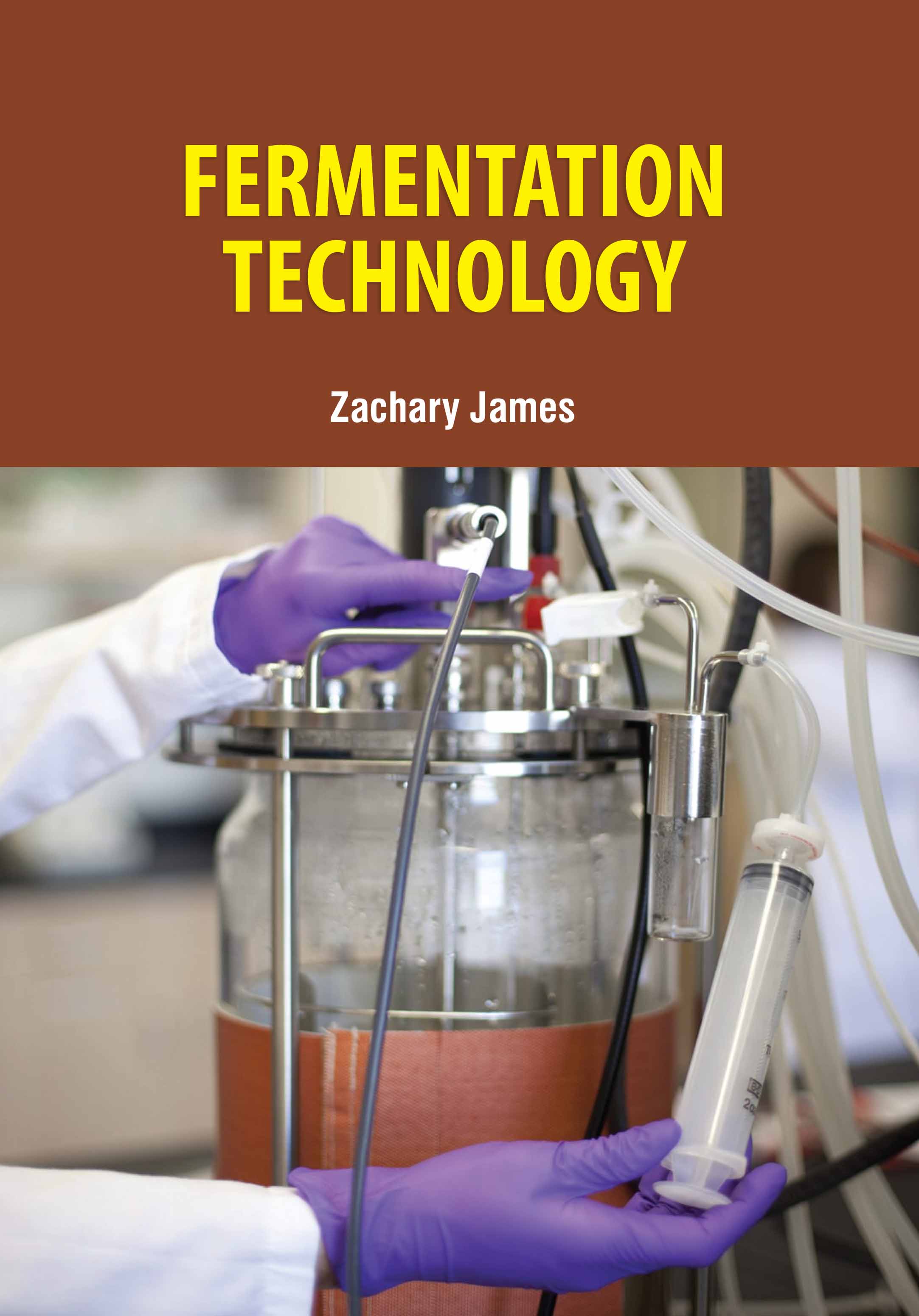
Fermentation Technology
by Zachary James
| ISBN | 9781806248513 |
|---|---|
| Publisher | Digital Drive Learning |
| Copyright Year | 2026 |
| Price | $261.00 |

by Zachary James
| ISBN | 9781806248513 |
|---|---|
| Publisher | Digital Drive Learning |
| Copyright Year | 2026 |
| Price | $261.00 |
Fermentation technology is a branch of biotechnology that involves the use of microorganisms, such as bacteria, yeast, and fungi, to convert organic compounds-typically sugars-into useful products. This biological process occurs under controlled conditions in fermentation tanks or bioreactors. The most common forms are alcoholic fermentation, where sugars are converted into ethanol and carbon dioxide, and lactic acid fermentation, where sugars produce lactic acid. This technology plays a vital role in various industries, including food and beverage, pharmaceuticals, and biofuel production. In the food industry, it is used to produce products like yogurt, cheese, bread, beer, and wine. In pharmaceuticals, fermentation helps produce antibiotics, enzymes, hormones, and vaccines. It is also crucial in the production of bioethanol and biogas as renewable energy sources. Fermentation can be aerobic (with oxygen) or anaerobic (without oxygen), depending on the desired end product. Modern fermentation technology uses advanced bioreactors with precise temperature, pH, and oxygen control to optimize yields. The process is cost-effective, environmentally friendly, and often scalable from laboratory to industrial level. As scientific knowledge grows, fermentation continues to expand its applications, making it a cornerstone of sustainable industrial biotechnology. Fermentation Technology explores the principles and applications of microbial fermentation in various industrial sectors, from food production to pharmaceuticals. Contents: 1. Introduction, 2. Process Development in Fermentation Technology, 3. Fermentation Medium and Analytical Methods, 4. Bioprocess Technology, 5. Experimental Approaches to Bacterial Fermentation, 6. Fermented Products, 7. Fermentation Process Development, 8. Microbial Experiments in Fermentation.